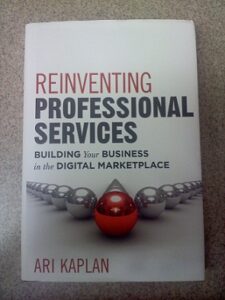
The State of North Carolina can go fornicate with itself. I can’t believe the bigots in power over there not only passed HB2, but their governor signed it! (At least when the bigots in office in Arizona voted in favor of SB 1062, our moron governor was smart enough not to sign it.)
In case you’ve been living under a rock, this new law prevents municipalities from passing LGBT nondiscrimination ordinances and it requires people to use the bathroom that corresponds to the sex indicated on their birth certificate.
This law makes me so angry. It’s hard to believe people still have these backwards beliefs. I don’t know what y’all in North Carolina do in bathrooms, but I use them to use the toilet, wash my hands, and check my hair. In the 36 years I’ve been using public bathrooms, I’ve never had an issue with another user.
Being that I’m across the country, I felt somewhat powerless – but then I thought about what little things I could do:
I can choose not to attend events in North Carolina until this law is repealed. If there’s an event I feel compelled to attend, I can require a North-Carolina-Bigot fee in addition to my usual speaking fee.
I’m not licensed to practice law in North Carolina, but I can do federal work from anywhere. I can choose not to accept clients from North Carolina, or limit my engagement to clients who have anti-discrimination policies and practices that include gender identity and sexual orientation.
I can have similar rules for products from North Carolina. (Don’t think I’m joking about this. I boycotted all the sponsors of the Sochi Olympic Games who didn’t openly oppose Russia’s anti-LGBT laws for the duration of the games.)
As a lawyer, I started thinking about contracts. I would support clients adding a provision to their contracts that requires clients to have anti-discrimination policies that include gender identity and sexual orientation and that the company must publicly oppose all applicable state and federal laws that would permit such discrimination. (Now my head is spinning with other ideas – like equal pay for men and women within the company.)
Until this law is repealed, I hope someone makes a video similar to this, asking people if they brought their birth certificate to government buildings to verify that they’re using the appropriate bathroom – much like this guy asked white people if they were immigrants in the SB 1070 days in Arizona.
My hat goes off to the many companies that have already spoken out against this new law including Marriott, Apple, Google, PayPal, and the National Basketball Association. I hope more people and companies will do what they can to influence this situation. Every little bit helps.




